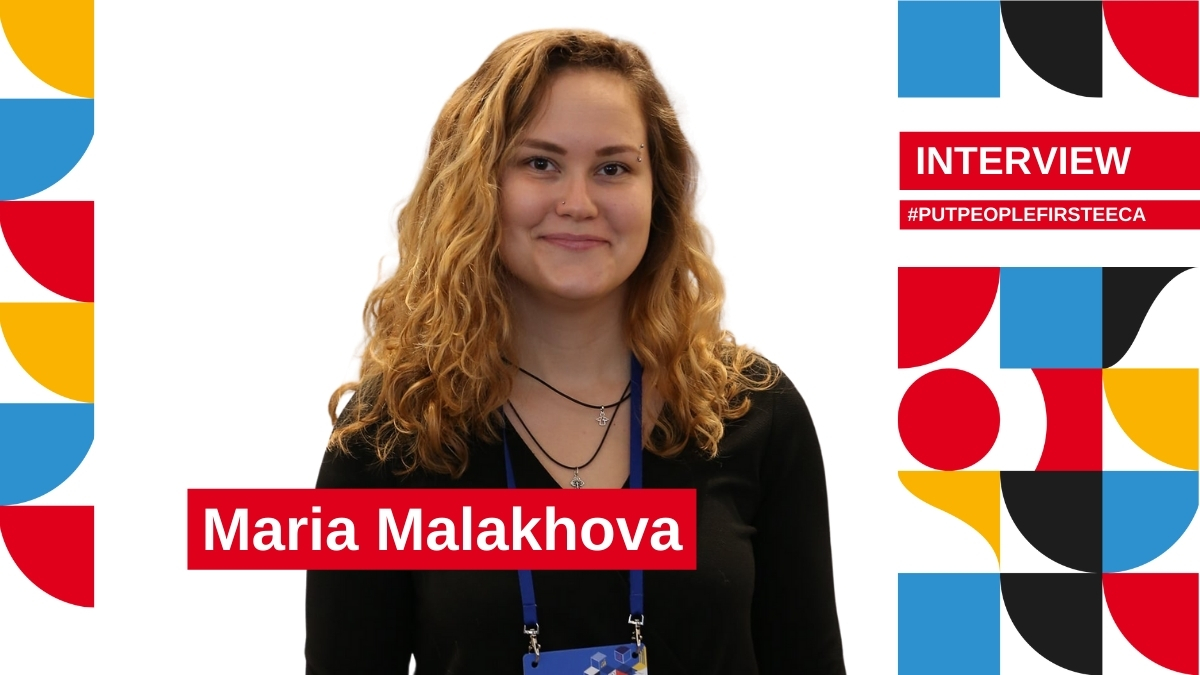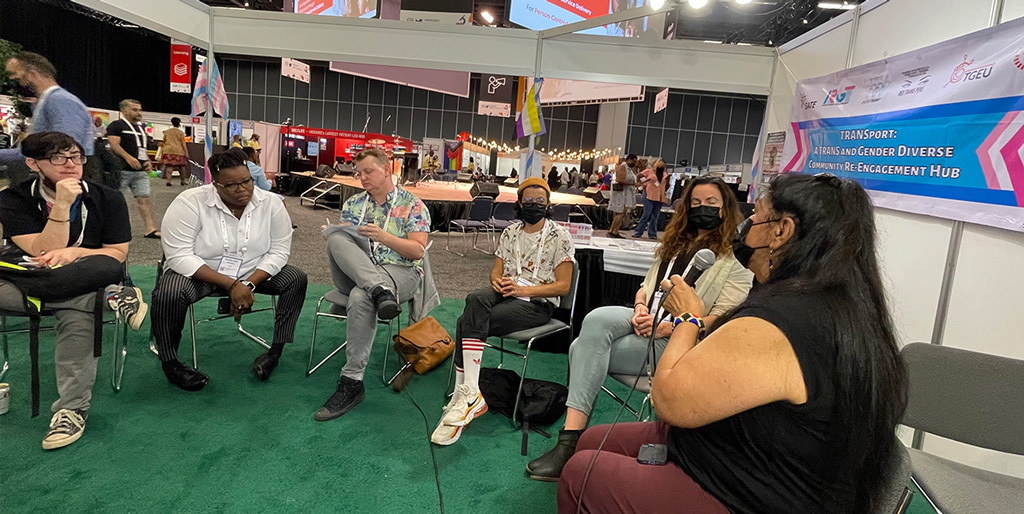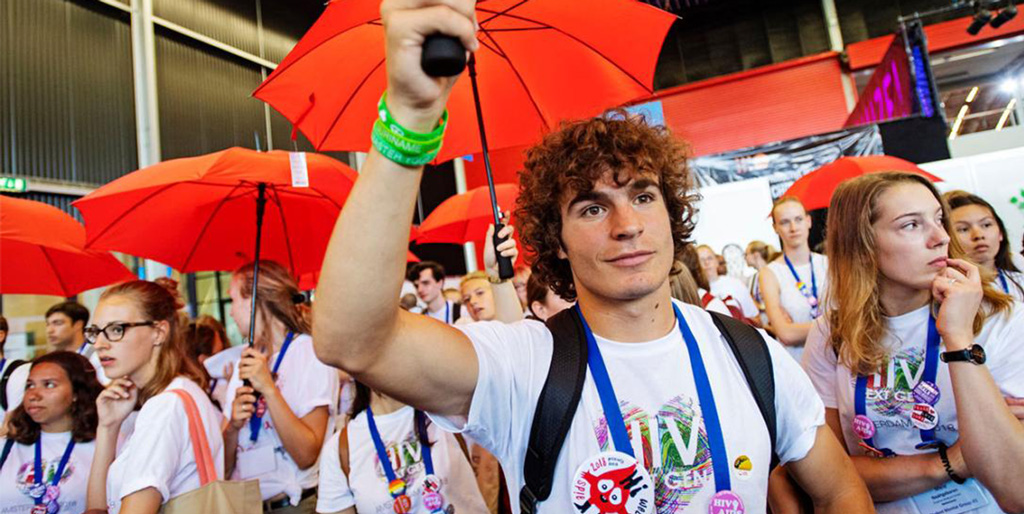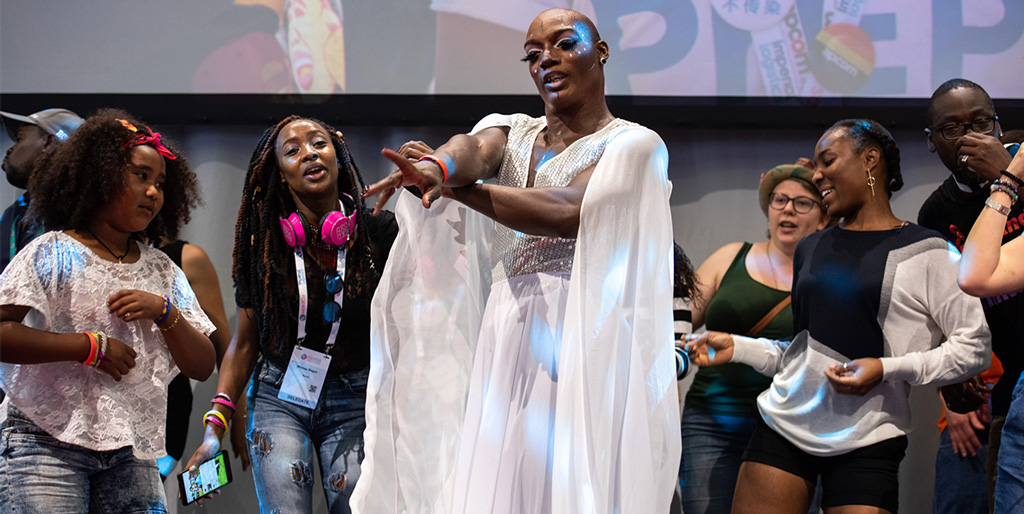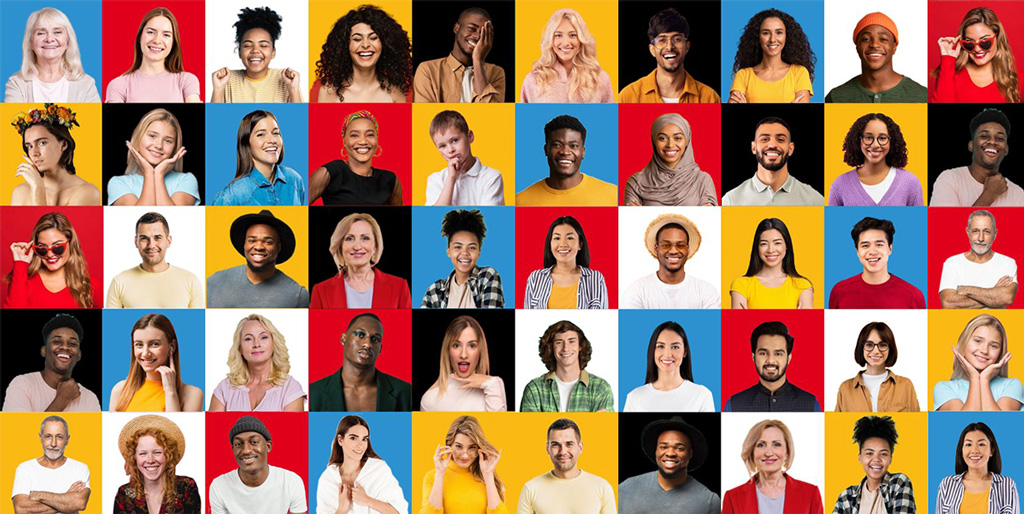“We believe the digital assistant will be an invaluable tool during these times, offering support when traditional services are inaccessible”
During the International AIDS Conference – AIDS 2024, as part of the regional #PutPeopleFirst campaign, media platform VirusOFF meets with leading experts from the Eastern Europe and Central Asia (EECA) region to discuss key aspects where health and human rights come to the fore. These issues not only have a significant impact on the lives of those living with HIV but also determine the effectiveness of public health strategies and programs in the region.
Walls are not the answer. #PutPeopleFirst!
You can learn more about the EECA region and AIDS 2024 at aids2024.virusoff.info and our social networks.
Maria Malakhova, Alliance for Public Health, is an accomplished Public Health Specialist with over ten years of experience in managing international projects, conducting research, and advocacy. Maria has successfully secured funding for critical public health initiatives and coordinated impactful studies, generating evidence-based insights for policy development.
Passionate about improving health outcomes, Maria is eager to drive positive change in the Eastern Europe and Central Asia region public health. VirusOFF spoke with Maria about innovative projects by the Alliance for Public Health, particularly focusing on their digital assistant initiative.
Maria, speaking about the virtual social worker – what is it? Please tell us more about it.
Maria: Sure. First of all, we’ve moved away from calling it a “virtual social worker.” One of the aims of this solution is to reach people who are not currently enrolled in any programs and don’t have social workers or an understanding of what it is or the evident need for one. But even for those who do, having a social worker might not be something they want to highlight and tell the world about, it can have a stigmatizing flair to it. We are calling it a “digital assistant,” and we’ve also developed a brand for the project with the name”TWIIN.”
The idea behind TWIIN is to create an atmosphere of peer-to-peer conversation. We want our assistants to make people feel comfortable and open to discussing anything that bothers them. The name “TWIIN” suggests that the digital assistant understands you because he/she has been through similar issues. He or she can provide information and advice, as well as relevant referrals since they overcame these issues or are dealing with them effectively daily. Two of our current digital assistants were made using real life peer social workers as models.
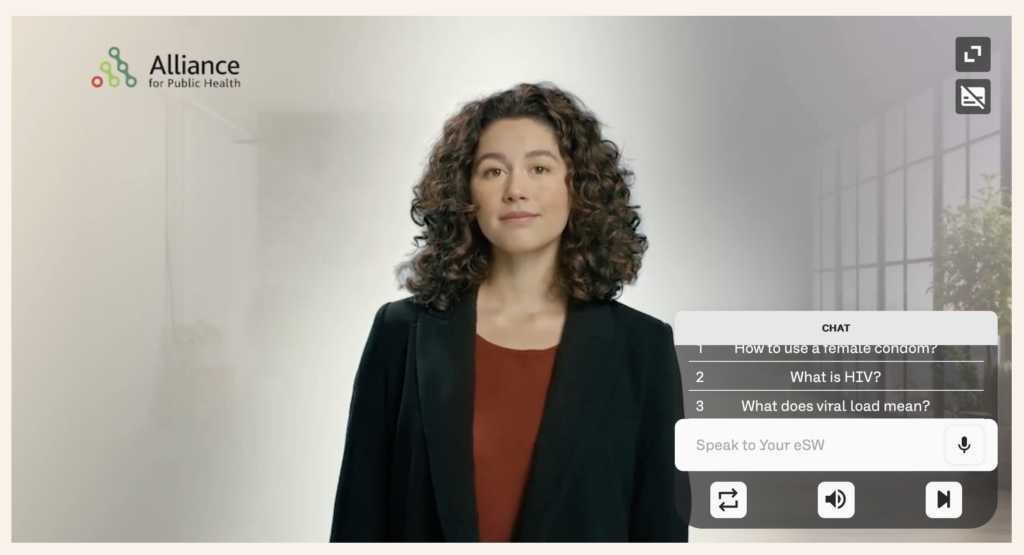
That sounds interesting. How does the digital assistant function?
Maria: The digital assistant is AI-based, currently available on a website, and will soon be available to be accessed through a mobile app. Users can ask questions in written or oral form about various topics, and receive responses both ways. We are also enhancing the conversation capabilities so that the digital assistant can refer users to existing online and offline services relevant to their issues. For example, if someone asks about PrEP, they might be directed to a website with more information or given contact details for local organizations offering PrEP.
We have four characters available for users to choose from when they visit the website. Straight off the home page, users can select one of the consultants and start a conversation. There are predefined questions in a drop-down menu to help get the conversation started if users are unsure what to ask or are just exploring its possibilities.
What topics can users ask about?
Maria: Users can ask about HIV, including testing, treatment and prevention, sexual and reproductive health, mental health, and dependencies. There’s also information on drug use, safe injection practices, chemsex, drug checking and more. We are constantly working on broadening the variety of topics to include issues relevant for people living with HIV and representatives of different key populations.
The solution is also relevant for migrants, internally displaced people and young people who may be at risk due to their current lifestyle.
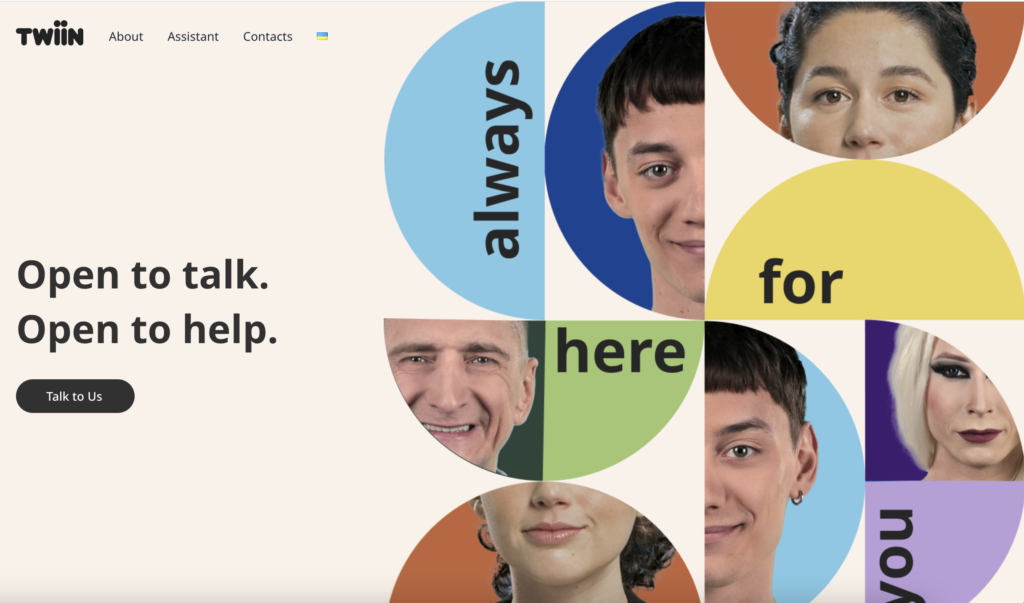
How does this solution help with care?
Maria: We anticipate that by providing information on a wide range of crucial topics, linking people to available services with no restrictions in terms of time or place of the consultation, at the same time freeing up time and energy of social workers, the digital assistant will be an invaluable resource for clients and service providers, especially in situations with restricted access to the usual service provision due to the war and other challenges.
Can you speak about data privacy and security?
Maria: Absolutely. We do not collect any personal data during conversations. We track metrics like the number of website visits, conversation lengths, and topics discussed to monitor the project’s progress. However, it is impossible to identify individuals as there is no login or personal information collection. When we launch the app, it will follow the same principles. We aim to use anonymized data to evaluate the efficacy of the solution.
How has the current situation, such as the war in Ukraine, impacted the implementation of this project?
Maria: The idea for this solution originated during the COVID-19 pandemic. The war has amplified existing challenges, such as restricted access to services and limited mobility, as well as increased the number of people who potentially need access to reliable information on the topics that TWIIN covers. We believe the digital assistant will be an invaluable tool during these times, offering support when traditional services are inaccessible.
What are the expected results and plans for the project?
Maria: We launched the digital assistant at the AIDS 2024, initially targeting Ukraine, with plans to expand to other EECA countries next year. We will also present other IT solutions we are working on. We are grateful to our partners, including the Global Fund, Frontline Aids, Gilead, and the developer UNITH for their support in funding and promoting the project – international cooperation is crucial.
If you are participating in AIDS 2024 in Munich, come to Alliance For Public Health Space at the Global Village – AD09, meet the digital assistant and get to know more about TWIIN. Visit the web page and try yourself – twiin.aph.org.ua.
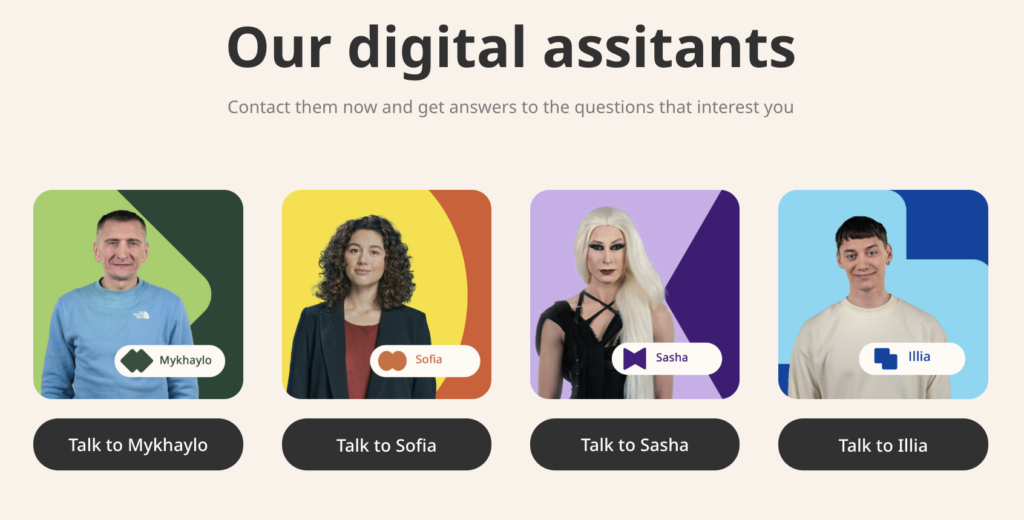
Learn more about Eastern Europe and Central Asia at AIDS 2024: aids2024.virusoff.info – or on our main web page: VirusOFF.info
Follow us on social media to keep up with important updates:
Instagram – Virus off
Facebook – Virus Off
